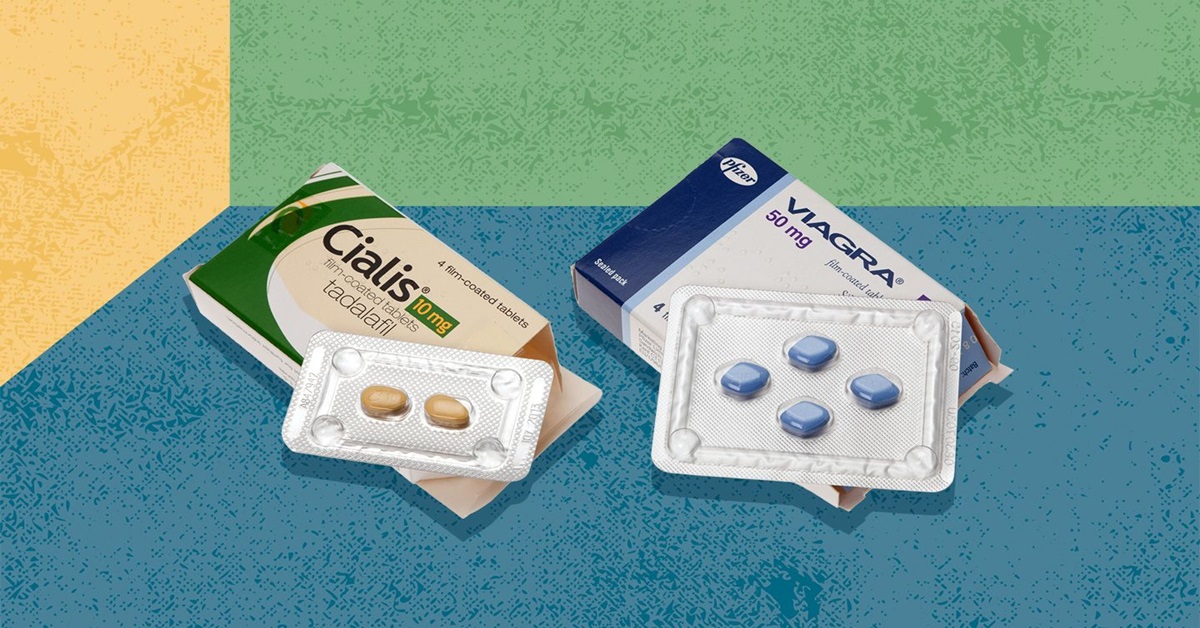Psoriasis is a chronic autoimmune condition characterized by patches of abnormal skin, often accompanied by inflammation and itching. For many patients, managing psoriasis involves finding effective treatment options that can alleviate symptoms and improve quality of life. Two prominent biologic drugs used in the treatment of psoriasis are Secukinumab and Adalimumab. Both medications target specific components of the immune system to reduce inflammation, but they differ in their mechanisms of action, administration, and efficacy profiles.
Understanding Secukinumab
Secukinumab belongs to a class of medications known as interleukin-17A (IL-17A) inhibitors. It works by targeting and blocking IL-17A, a cytokine involved in the inflammatory pathways of psoriasis. By inhibiting IL-17A, Secukinumab helps reduce the excessive inflammation that leads to the development of psoriatic lesions. This biologic drug is administered via subcutaneous injection and is typically prescribed for moderate to severe plaque psoriasis.
Clinical trials have demonstrated Secukinumab’s effectiveness in achieving significant clearance of psoriatic plaques and improving symptoms such as itching and scaling. Its rapid onset of action and sustained efficacy over time make it a preferred choice for many patients who require potent and reliable treatment for their psoriasis.
Advantages of Secukinumab:
- Targeted Mechanism: Specifically blocks IL-17A, addressing a key cytokine in psoriasis pathology.
- Effective Clearance: Known for achieving high rates of skin clearance in clinical trials.
- Long-term Efficacy: Demonstrates sustained effectiveness in maintaining clear skin over extended periods.
- Convenient Administration: Requires subcutaneous injections, typically administered by healthcare providers or self-administered at home.
Understanding Adalimumab
Adalimumab, on the other hand, belongs to a class of medications known as tumor necrosis factor-alpha (TNF-alpha) inhibitors. It works by binding to TNF-alpha, another cytokine involved in the inflammatory response seen in psoriasis. By neutralizing TNF-alpha, Adalimumab helps reduce inflammation and slow down the progression of psoriatic lesions. This biologic drug is also administered via subcutaneous injection and is approved for the treatment of moderate to severe plaque psoriasis.
Studies have shown Adalimumab to be effective in improving symptoms and achieving skin clearance in many patients with psoriasis. Its broad spectrum of use across various autoimmune conditions highlights its versatility, although its efficacy in psoriasis can vary among individuals.
Advantages of Adalimumab:
- Broad-spectrum Use: Effective in treating multiple autoimmune conditions, including psoriasis.
- Proven Track Record: Extensive clinical experience and long-term safety data available.
- Self-administration: Allows patients to administer injections at home after proper training.
- Reduction in Systemic Inflammation: Targets TNF-alpha to alleviate inflammation associated with psoriasis.
Comparing Secukinumab and Adalimumab for Psoriasis Treatment
When considering Secukinumab vs Adalimumab for managing psoriasis, several factors come into play:
- Mechanism of Action: Secukinumab targets IL-17A directly, whereas Adalimumab targets TNF-alpha. The choice between the two may depend on the patient’s specific immune profile and response to cytokine inhibition.
- Efficacy: Both drugs have demonstrated efficacy in clinical trials, with Secukinumab often showing slightly higher rates of skin clearance compared to Adalimumab in head-to-head studies.
- Safety Profile: Both medications are generally well-tolerated, but they carry different risks of side effects. Monitoring for infections and immune-related adverse events is crucial during treatment with either drug.
- Administration: Secukinumab and Adalimumab are administered via subcutaneous injections, but the frequency and dosing schedule may differ. Adalimumab typically requires injections every other week after an initial loading dose, whereas Secukinumab dosing may vary based on the treatment regimen prescribed by the healthcare provider.
- Patient Preference and Lifestyle: Factors such as convenience of administration, frequency of injections, and overall tolerability may influence treatment adherence and patient satisfaction.
Conclusion
In conclusion, both Secukinumab and Adalimumab are valuable treatment options for patients with moderate to severe plaque psoriasis. The choice between these biologic drugs should be based on individual patient factors, including disease severity, treatment goals, comorbidities, and patient preferences. Healthcare providers play a crucial role in guiding treatment decisions and monitoring patient response to ensure optimal outcomes in psoriasis management. By understanding the unique characteristics and benefits of each medication, healthcare providers can tailor treatment plans that address the specific needs of their patients, ultimately improving their quality of life and long-term prognosis.










